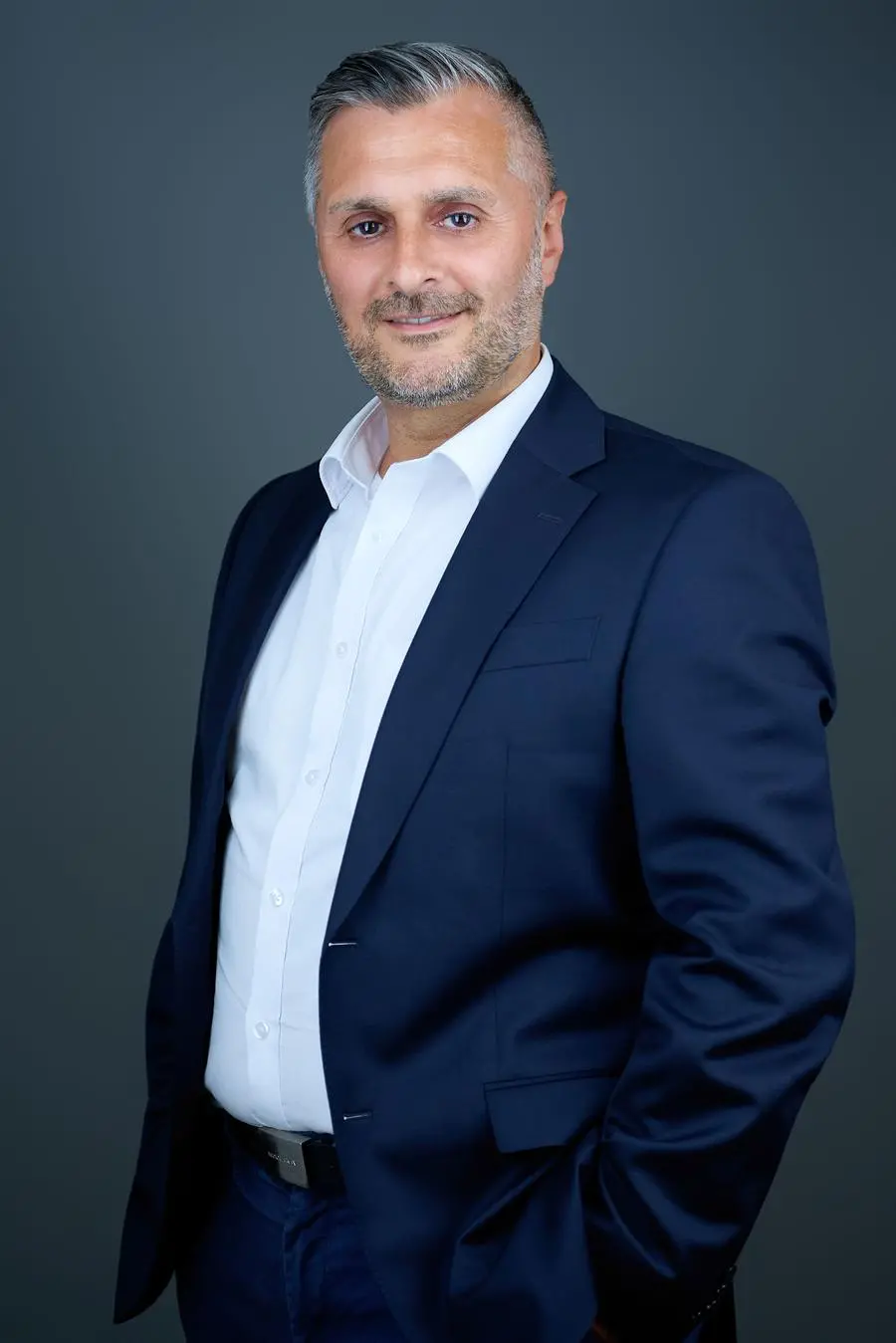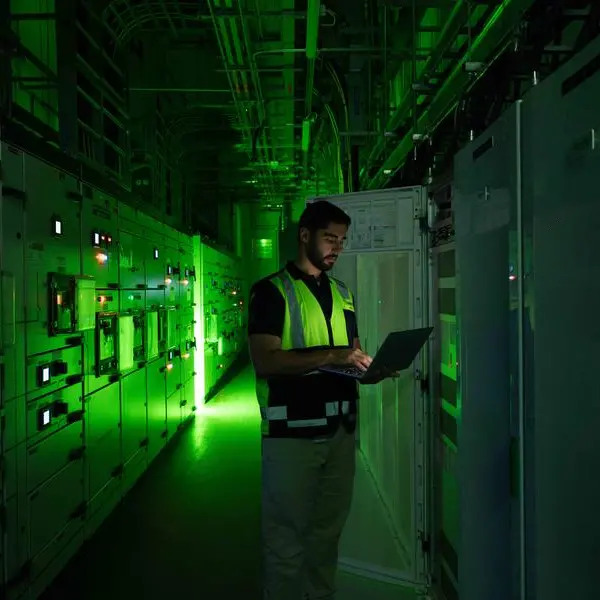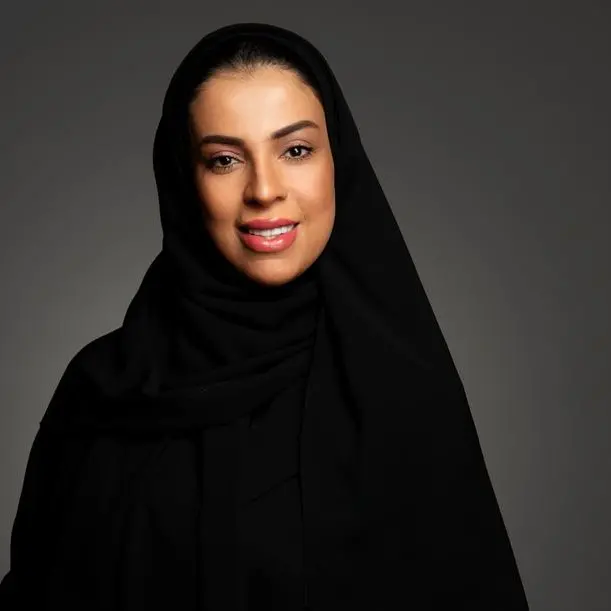Angel Gurría highlights importance of inclusive growth and multilateralism for Governments
Dubai-UAE: – Angel Gurría, Secretary-General of the Organization for Economic Co-operation and Development (OECD), discussed the eroding trust in private and public institutions, the growing interconnectedness in the global economy as well as how re-inventing policy can help build more resilient economies and inclusive societies. He was speaking on day one of the World Government Summit (WGS 2018) in Dubai, where he called for swift and decisive action to reform the global economy to achieve higher efficiency and sustainability.
At the ‘One on One with Angel Gurría’ session, the OECD chief spoke about the broader economic outlook, and said: "We are at the lowest stage of productivity growth. Events such as the global financial crisis showed that we got it wrong. Going forward, we need to take a hard look at a fairer distribution of wealth to balance productivity, growth and inclusiveness.”
Referencing Brexit as well as the referendum in Columbia, Gurría said: “We still have a chance to implement inclusive growth. We are only starting to see the decomposition and fragmentation of politics. Many people around the world are voting for change, against the leadership, after having lost trust in governments and democracy. We have to get back that trust. Multilateralism is a way of achieving this, as when countries act together, communities also act together. At the end of the day, how can you deal with things like climate change and investment growth if you don’t do it multilaterally?”
He added: “I would agree that multilateralism has faltered in the past because of a bigger focus on the recovery side rather than the inclusiveness side”.
Highlighting the important role of citizens, Gurría mentioned that if leaders do not identify flaws and address them successfully, they should be penalized by votes. He mentioned how generally, the public are not just interested in short-term interests, but those who can offer them a better future for the next generation.
Speaking about the MENA region and the United Arab Emirates, Gurría said: “I’m optimistic about this part of the world because we are seeing nations that are improving their tolerance to different cultures and ideologies, are preparing for the post oil era, and are witnessing how women are having a more important role, exemplified by the recent appointments of female ministers.”
Emphasizing the significance of collaboration, he said: “Multilateralism can go beyond short-termism because it is bigger than a country looking only at its own interests. Greater collaboration can help us to look collectively at the financial system, universities, labor market, etc., which will in turn help societies evolve. Ultimately it is important to implement better policies for better lives. If it is not for better lives, it is not worth it.”
Prior to taking up his post at the helm of OECD, Angel Gurría served as Mexico’s Secretary of Finance at a time when the emerging markets crisis threatened the country’s political and economic stability. In 1999, Euromoney magazine named Gurría, Finance Minister of the Year. Earlier, he also held the role of Mexico’s Secretary of Foreign Affairs.
Under the patronage of His Highness Sheikh Mohammed bin Rashid Al Maktoum, Vice President and Prime Minister of the UAE and Ruler of Dubai, the World Government Summit 2018 runs from February 11 to 13 at the Madinat Jumeirah in Dubai. The landmark event convenes more than 4,000 participants from 140 countries, including heads of state and governments, as well as top-tier representatives of 16 international organizations.
Hosting more than 130 speakers across 120 interactive sessions, WGS 2018 features five distinct forums that examine the challenges of vital sectors for the future with a view to finding the best resolutions for the greater global good. Furthermore, over 20 specialized global reports spanning key sectors and topics of the summit are being launched during the event.
-Ends-
© Press Release 2018


















